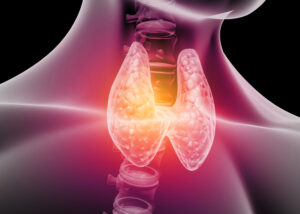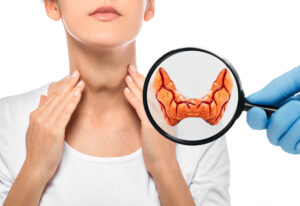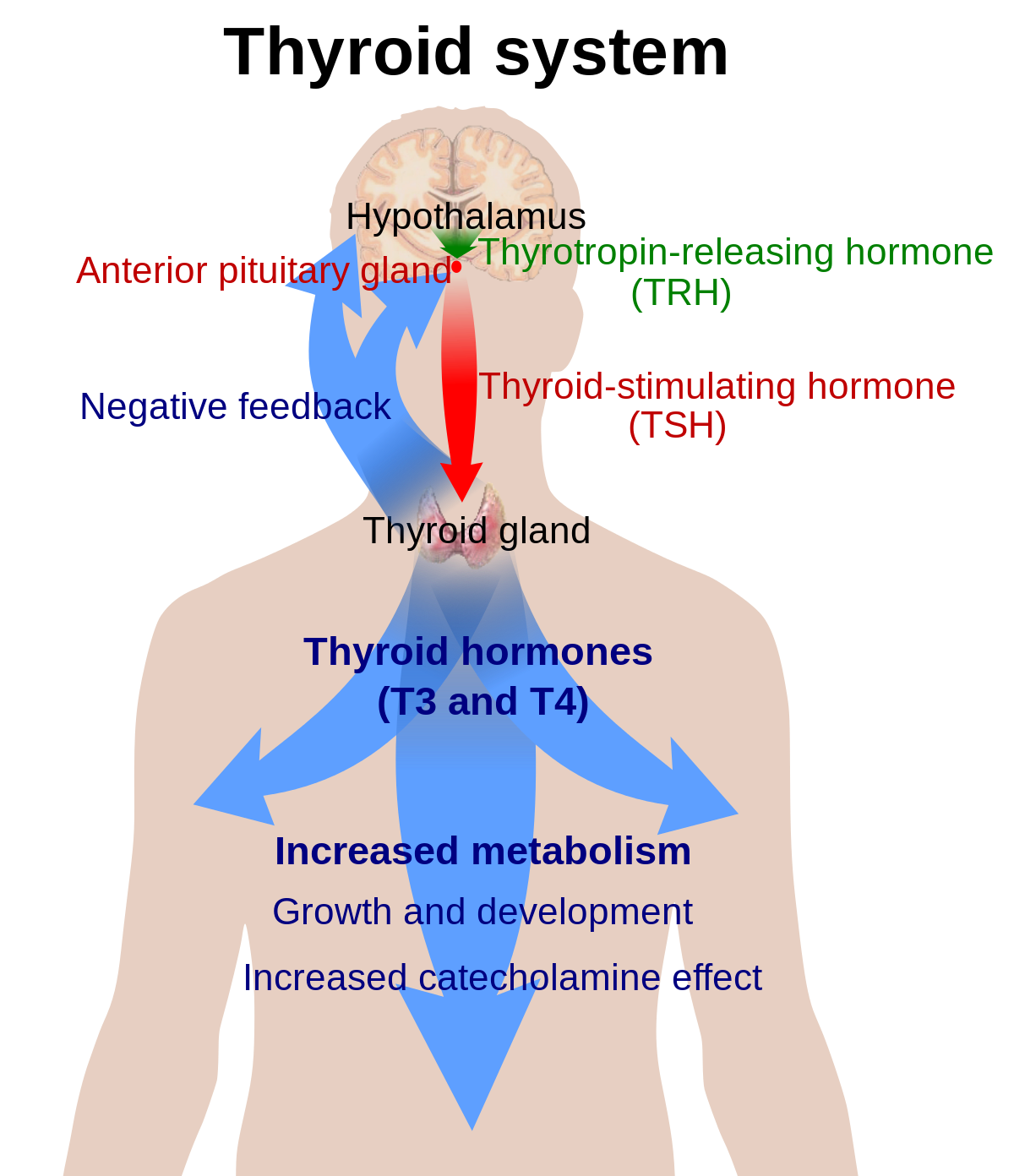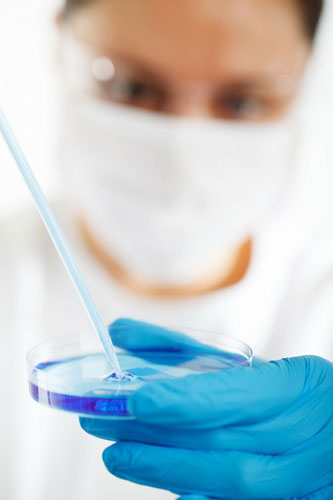Did You Know That Body Changes Are 75%
Due To Hormone Imbalances?
Thyroid and Hormone Issues
Hormones are essential for the body to function well so when your hormones are not in balance, many symptoms may arise.
Over-active thyroid or an under-active thyroid can also create health issues and similar symptoms as hormonal.
At Avita we have a range of customizable solutions to treat both hormonal and thyroid related issues to support our clients’ success.
What Causes Hormonal Change?
Peri-Menopause and Menopause
Often the natural decreased production of estrogen and progesterone, which are the reproductive hormones that regulate menstrual cycles. Other circumstances may include a complete hysterectomy or premature peri-menopause and menopause or primary ovarian insufficiency (ovaries fail to produce normal levels of reproductive hormones). All women are affected and go through their own personal challenges; hormonal, emotional, physiological, psychological and chemical.
Surprisingly, men also go through changes in hormones which cause different symptoms, but all related to hormonal imbalance, especially impacting their testosterone levels.
Hypothyroidism and Hyperthyroidism
The thyroid gland is a butterfly shaped gland that sits low on front of our neck. The thyroid gland manufactures the thyroid hormone known as the Thyroid Stimulating Hormone (TSH) which is responsible for many body functions that regulate metabolism, activate brain chemistry and control body growth and development of body.

Hypothyroidism
Refers to the condition when the thyroid gland does not produce enough thyroid hormones to meet the demands of the body. This means the thyroid is under-active and can lead to a number of health problems & symptoms. Don't ignore these symptoms.
Hypothyroidism can often get lost or masked by the symptoms of peri-menopause and menopause Be on the alert for extreme mood swings, fatigue, weight gain or depression, as these are markers for Hypothyroidism.

Hyperthyroidism
Occurs when your thyroid gland is over-active and produces too much of a hormone known as thyroxine. When this happens, it accelerates your body's metabolism mainly causing unintentional weight loss and a rapid or irregular heartbeat.
People who are suffering from symptoms of Hyperthyroidism often experience depression, anxiety, unstable body weight, irregular menstrual cycles, as well as several other often overlooked issues; fatigue, muscle weakness, skin thinning, brittle hair and nails.
What Happens to Your Body?
Many women may experience weight gain, irritability, insomnia, mood swings, night sweats, and diminished sex drive during this time. Bloating, fatigue, hair loss, palpitations, trouble concentrating, foggy thinking are other symptoms of hormone imbalance. These symptoms compound and affect every cell and system in the body.
Cortisol is an important hormone that may become imbalanced. Low intensity exercise can help lower elevated cortisol levels however will not successfully release weight. Stress also impacts adrenal function and hormone levels.
Progesterone is a hormone released by the ovaries that helps you sleep. Low levels may make it difficult to fall and stay asleep.
Most commonly, estrogen levels decrease in peri-menopause and after menopause. This may contribute to night sweats and hot flashes, which often disrupt a woman's ability to sleep. Estrogen that is too high or too low may lead to changes in breast tissues. High estrogen may cause lumpy or dense breast tissue, even cysts. Estrogen levels that are too low may cause decreased breast tissue density. The skin gets thinner as we age and it tends to wrinkle as collagen is lost. Skin also becomes drier, less elastic, and less vascular with age. Low estrogen can also cause vaginal atrophy & painful intercourse.
Women in peri-menopause and after menopause report more memory complaints and difficulty concentrating than pre-menopausal women. Declining estrogen levels may be to blame, but other factors may play a role.
Fatigue is a common symptom that may have many potential underlying causes. Just as too little progesterone can make it hard to sleep, too much progesterone can make you more tired.
Some females may reach for comfort foods that are high in fat, calories, sugar, and salt in an effort to feel better. Sadly, eating these foods backfires and makes women feel worse. Sodium increases water retention and bloating. Sugar, excess fat and calories will lead sudden weight gain, “packing on the pounds” in unwanted areas.
Low testosterone levels may cause low libido. Low libido means low to no sexual interest

How We Help – Our Proven System
Regulating hormonal imbalance due to peri-menopause and menopause is our specialty. We will conduct a saliva test (female and male) to determine your hormone levels and design a program customized to you.
Since hypothyroidism is often caused by a number of hormone imbalances, we restore the natural balance of your entire hormone system in order to combat the condition.

Proper analysis and treatment along with a holistic and natural approach for treating hypothyroidism can go a long way in alleviating your symptoms and getting you back on track to normal health.
This condition comes with its own set of challenges. We restore the natural balance of your entire hormone system in order to combat the condition. Many patients also opt for natural healing methods that help to detoxify the body and promote more effective healing.




